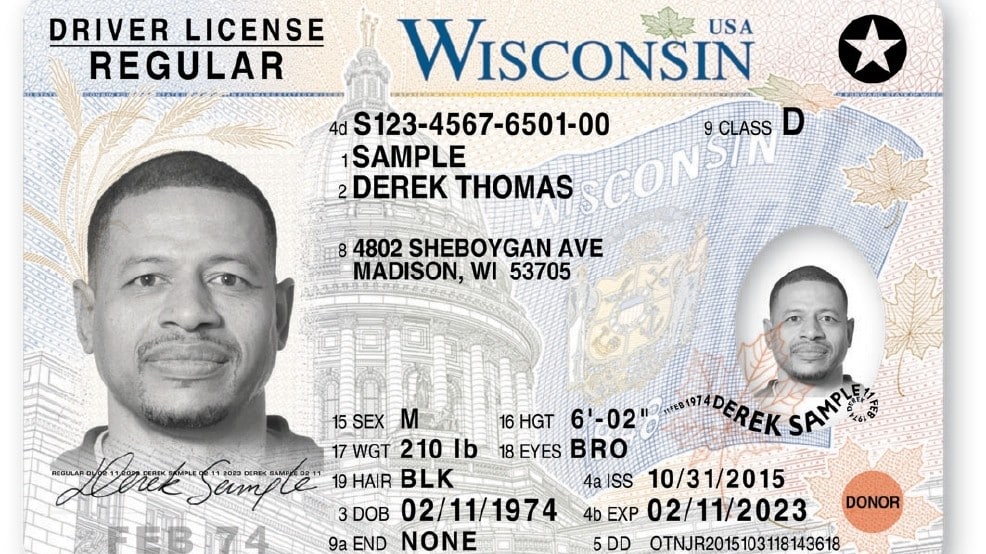Overview of Wisconsin ID scanning laws
Wisconsin has 3 laws which we consider relevant to ID verification, in addition to other laws which may related to age verification, identity verification, KYC, privacy, and biometrics.
Can you scan IDs in Wisconsin?
Yes. There are no laws prohibiting or regulating the electronic scanning of an ID in Wisconsin.
There are some instances in which merchants are required to record information related to identity, such as sale of controlled substances and scrap metal recycling. ID scanning can improve the ease and accuracy of record keeping in these scenarios.
Can you save data from a scanned ID in Wisconsin?
Yes. There are no current laws which limit or restrict saving data from a scanned ID in Wisconsin.
Does Wisconsin offer affirmative defense for ID scanning?
No. Wisconsin has no affirmative defense laws related to ID scanning.
What types of IDs does Wisconsin issue?
Wisconsin issues drivers licenses and state IDs, including REAL ID.
Individual Wisconsin ID verification laws
ID scanning for alcohol sales
Retailers in Wisconsin are permitted to scan IDs to verify age for alcohol sales, but municipalities are prohibited from providing these devices.
Age verification for tobacco sales
Wisconsin requires that businesses verify age but does not require electronic scanning or verification for tobacco sales.
ID scanning for prescription drugs
IDs must be checked when dispensing schedule I and II drugs. Pharmacists must record the name on the ID.
Data privacy laws in Wisconsin
Wisconsin does not have any comprehensive data privacy laws.
Wisconsin ID scanning
State-specific news & updates
No post found!
